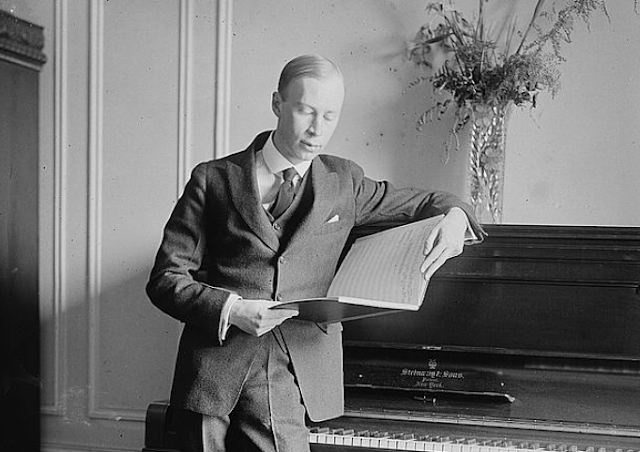 |
| Chicago Botanic Garden, Dec. 24, 2020 |
Christmas Eve was a good time to go to the Botanic Garden.
Well, honestly, any time is a good time to go to the Botanic Garden. Mid-February. Late July. You name it.
I mean extra good. Temperature nudging 50. Most people at home, busy ... oh, don't know, wassailing, whatever it is people who celebrate Christmas do. I have no idea, having never observed the holiday in any fashion, other than playing "O Holy Night" once on Christmas Eve.
Okay, Laura Vitez did invite me over her house in Berea about 1980. So I can report with authority that there is decorating a tree, and hot buttered rum on the stove, followed by caroling around the neighborhood. Quite fun. No wonder people like it.
Anyway, so we're heading out the door Friday, and for some reason Edie noticed a light switch in what she still touchingly calls "The Toy Room" even though there are no longer any toys nor boys to play with them. As part of making out 115-year-old house a little livable now that we're not shelling out two tuitions, we had an electrician put in new light switches, even in places like the basement that never had them (we pulled a string on a light at the top of the stairs and then, when the string broke, twisted the bulb in and out. For about a decade).
Anyway, she pointed out that this, too was a dimmer switch, demonstrating it.
"It doesn't dim much," she observed, "But it does dim some."
We froze. Have you stopped in your tracks, with a sudden sense of tingling possibility, like noticing a folded bill on the ground? Or a lepidopterist, seeing a colorful flash of wing on a honeysuckle bush? No? Well, good thing you're not married to me, because I did and my wife, being the mirror image of the pair, did too.
"Dim sum?" one of us said.
Now punning is a low form of humor, that has been recognized as such for well over 250 years ("He that would pun would pick a pocket," Alexander Pope wrote). But those are intentional puns. An accidental pun, well, a rare and beautiful thing.
And something new. Now we would be challenged, when discussing dimmer switches, or passing them, or even out-of-the-blue, to invoke the dim sum pun.
Otherwise, the puns are like well-worn pebbles, something to be caressed in passing. Normally, I take the lead in this department. Particularly on our walks at the Botanic Garden. Remember, we're already together, in the same house, pretty much 24 hours a day. On top of being together most of the past, ah, 38 years. So it's not like there's a lot to fill the other in about. Not much news. So occasionally I'll fill a silence by floating some lame wordplay, or a readily understood threadbare reference, not quite puns. Though on this day my wife, perhaps inspired by her dim some triumph, took the lead.
"Should we go all the way to that bridge...?" she said, pointing out a span—the bridges at the Botanic garden are all unique and lovely in their own way, sinuous or straight, holding all sorts of vistas.
I finished the thought, "...or is that a bridge too far?"
Not funny, the usual sense of the word. But oddly satisfying. She was quoting, by the way, unknowingly, something Lt General Frederick ‘Boy’ Browning, a commander of British airborne forces in World War II, said when asked by Field Marshal Bernard Montgomery if the 1st Airborne Division could take the bridge across the Rhine at the Dutch town of Arnhem.
They were planning Operation Market Garden, the September, 1944 attempt to flank the German defenses in the Netherlands by racing across a series of bridges and crossing the Rhine into Germany.
“I think we might be going a bridge too far,” Browning observed. (He was right. The Germans happened to have a Panzer division there, and the British and American paratroopers, the largest airborne operation ever, had their asses handed to them. Operation Market Garden is generally considered a failure, though it did overrun the German V2 bases, and that was a relief to battered Londoners).
Though the phrase was doubtless planted in our consciousness by the 1974 best-seller by Cornelius Ryan, "A Bridge Too Far," or the later star-studded movie.
Later, she suggested we take a spin through the Rose Garden, even though there are of course no roses this time of year.
"Okay," I said, "But that isn't a binding commitment."
I'll let you figure out what I'm referring to.










